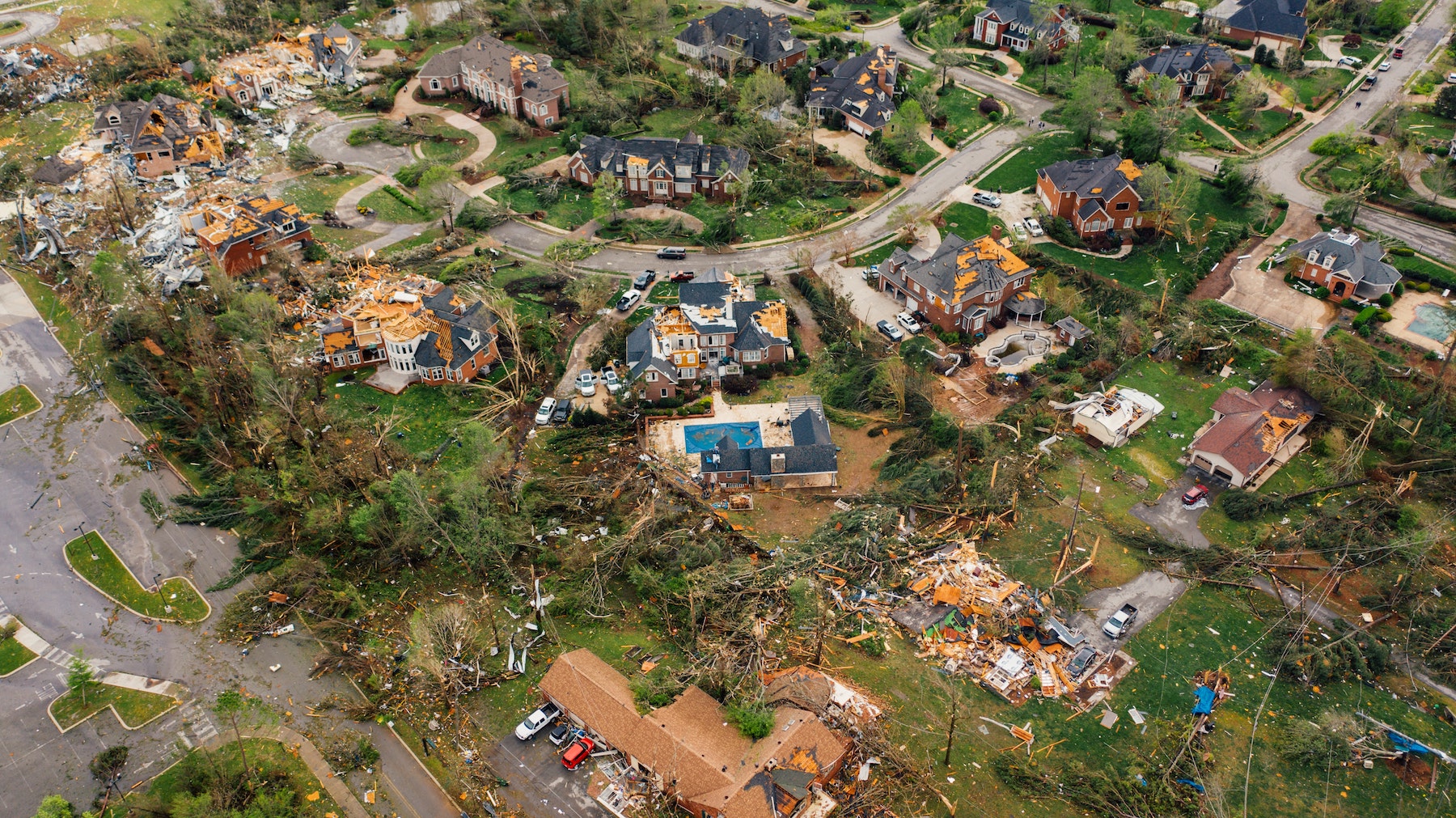New research led by an MIT graduate student at the school’s Concrete Sustainability Hub suggests that the value of buildings constructed to resist wind damage in hurricanes may be significantly underestimated.
The research found that the failure of wind loss models to account for neighborhood texture—the density and configuration of surrounding buildings—may result in a more than 80% undervaluation of structures built with stronger construction methods in Florida. Hazus, a loss estimation tool used by the Federal Emergency Management Agency (FEMA), estimates physical and economic damage to buildings due to wind and the impact of windborne debris.
The tool assumes that all buildings in a neighborhood experience the same wind loading, but buildings come in many different shapes and sizes can be arranged in numerous ways. Their configuration and positioning can amplify or reduce the wind load on buildings within the neighborhood.
In a model developed by MIT researchers, the texture-related loss implications were found to be higher in census tracts along the coast. These areas tend to be more dense and ordered, leading to higher wind load amplifications. Loss implications are particularly high for single-family homes, which are more susceptible to damage and have a higher replacement cost per housing unit.
Related Stories
| Jan 30, 2012
ZigBee and ISO 50001: Two new standards to make buildings greener
These developments demonstrate the dynamic nature of the market and the continued need for development of program standards of many different types that help builders and owners translate high performance and sustainable buildings goals into practical measures on the ground.
| Jan 30, 2012
New firm-fixed-price rules on federal contracts impact construction industry
Contractors will need to be on the lookout for policies such as the Contractor Accountability for Quality clause.
| Jan 30, 2012
Roofer’s fatal plunge demonstrates need for fall-prevention regulations
“The biggest problem is getting our workers to use the equipment,” says Michael J. Florio, executive director of the organization.
| Jan 26, 2012
Tampa moves to streamlined online permitting system
The system will replace an inefficient patchwork of old software and is designed to provide businesses, homeowners, and contractors with online access to permitting and licensing information.
| Jan 26, 2012
EPA to collect more data, seek comments before finalizing mud rule
The EPA says it will seek more data and is accepting comments until March 5.
| Jan 26, 2012
Industry challenges Connecticut's suit over defective construction work
The dispute arose over multimillion-dollar leaks at the University of Connecticut's law library.
| Jan 26, 2012
Earthquake 'fuse' could save buildings during temblors
The idea is to use an earthquake "fuse" that can prevent the tiny fractures and warps that make structures unsafe after a quake and very expensive to repair.
| Jan 26, 2012
HPD open materials standard for green building materials gains momentum
GreenWizard, provider of a cloud-based product management and project collaboration software, is the latest industry participant to sign on
| Jan 26, 2012
Siemens launches smoke detection knowledge center
New knowledge center web site demonstrates efficacy of smoke detection.
| Jan 18, 2012
Chile's seismic code upgrades credited with saving lives in 2010 quake
Since 1960, when Chile suffered a 9.5 magnitude quake, the largest ever recorded; the country has steadily improved building codes to protect lives and property.

















